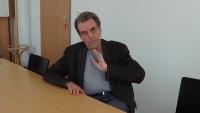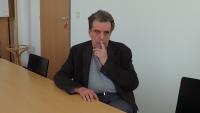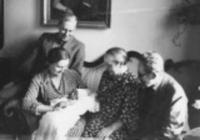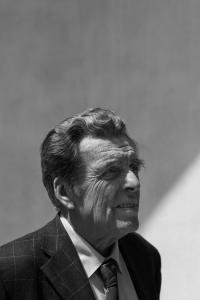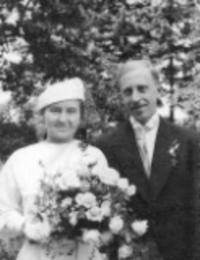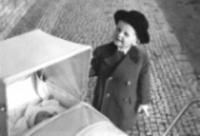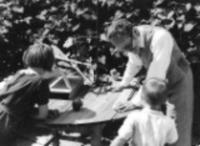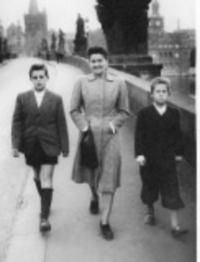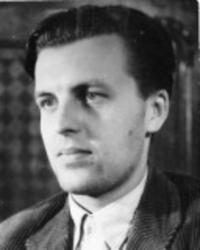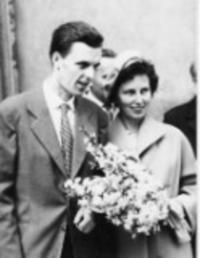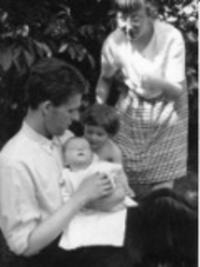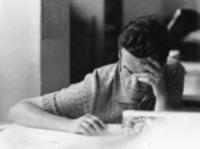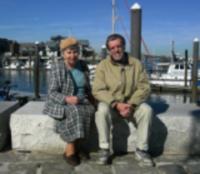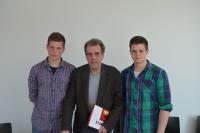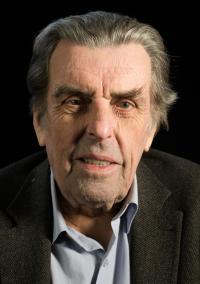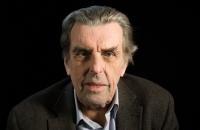Man is a being of action, he must constantly chose and decide

Stáhnout obrázek
Jan Sokol was born on 18 April 1931 in Prague. He was barred from university studies after the 1948 coup for political reasons. He trained as a jeweller and even worked in the trade for several years. In the 1960s he made a radical change to his mode of employment and became a software programmer. In the meantime he participated in the house seminars organised by his father-in-law Jan Patočka. This imbued him with a love of philosophy, of which he has written numerous articles. In May 1968 he experienced the student strikes in Paris. When Czechoslovakia was occupied by the Warsaw Pact armies a few months later, Jan was in Moscow. In the late 1970s he read the text of Charter 77 and was surprised to find that his father-in-law was the Charter‘s spokesman. He signed the document without hesitation. After the Velvet Revolution he served as Vice-Chairman of the Chamber of Deputies. In the year 2000 he was appointed the first dean of the Faculty of Humanities of Charles University in Prague.
